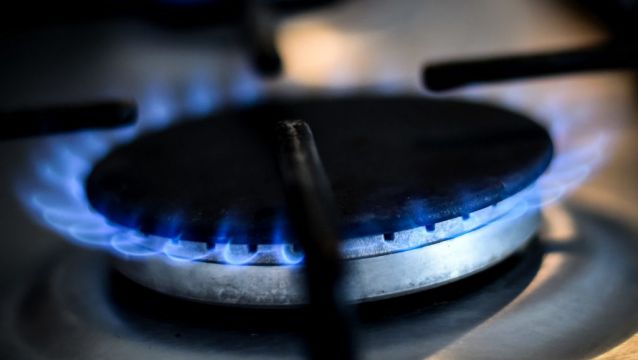Security of energy supply is crucial to Ireland’s attractiveness as a place for enterprise investment, job creation and a place to do business.
A well-functioning energy sector is also critical to maintaining adequate living conditions and to the overall functioning of Ireland’s economy and society, according to a National Competitiveness and Productivity Council (NCPC) study.
Current challenges faced by Ireland’s energy system have potentially significant implications for Ireland’s operating environment, particularly for energy intensive businesses, and Ireland’s international reputation as a location for Foreign Direct Investment.
The recent Russian invasion of Ukraine has further highlighted the vulnerabilities for countries dependent on energy imports to disruptions in global energy markets.
The latest NCPC Bulletin also speaks to the urgency of diversifying Ireland’s sources of energy supply to ensure energy security and competitiveness of enterprises operating in Ireland, which is heavily reliant on imported energy (oil, gas, coal, and peat).
Gas
In particular, the dominance of gas is a risk to both the physical security of supply and in terms of exposure to price variation. It is also critical that policies to enhance energy security align with the targets set out in the Climate Action Plan 2021 to facilitate Ireland’s transition to a low carbon economy.
The NCPC Bulletin explores Ireland’s need for adequate infrastructure to enhance the reliability of energy supply. The electricity system in Ireland is undergoing a major transformation which requires upgrading of many infrastructural and operational elements to facilitate this shift.
Elecricity grid
Major investment is needed to improve the electricity grid, the cost of which will ultimately be borne by electricity customers. These improvements must be done in a well-planned and cost-effective manner to avoid unduly increasing the cost base of Irish enterprise, particularly for those enterprises which are energy intensive, thereby eroding Ireland’s competitiveness.
The Bulletin also looks at the importance of effective management of energy demand for domestic energy security, as this can help to decrease pressure on the grid and reduce electricity costs for customers.
Energy bills are a largely inflexible component of a business’s cost base, and they are a key driver of cost-competitiveness in certain energy intensive manufacturing sectors.
Investment now is required to address the significant growth in demand for electricity in Ireland over the coming decade, driven by the electrification of the heat and transport sectors, as well as from large industry and data centre demand.
NCPC chair Dr Frances Ruane said: “The current crisis in Ukraine has accelerated energy price inflation, with natural gas and oil prices rising to near record levels. As a small open economy, Ireland is acutely exposed to these cost increases and to energy supply challenges.”
Dr Ruane added: “But we must not lose sight of the need for investment to bolster Ireland’s energy security in the medium to long term, by focusing on projects to help diversify energy supply sources and by investing in upgrading our electricity infrastructure in ways that align with meeting the targets set in our Climate Action Plan.”







